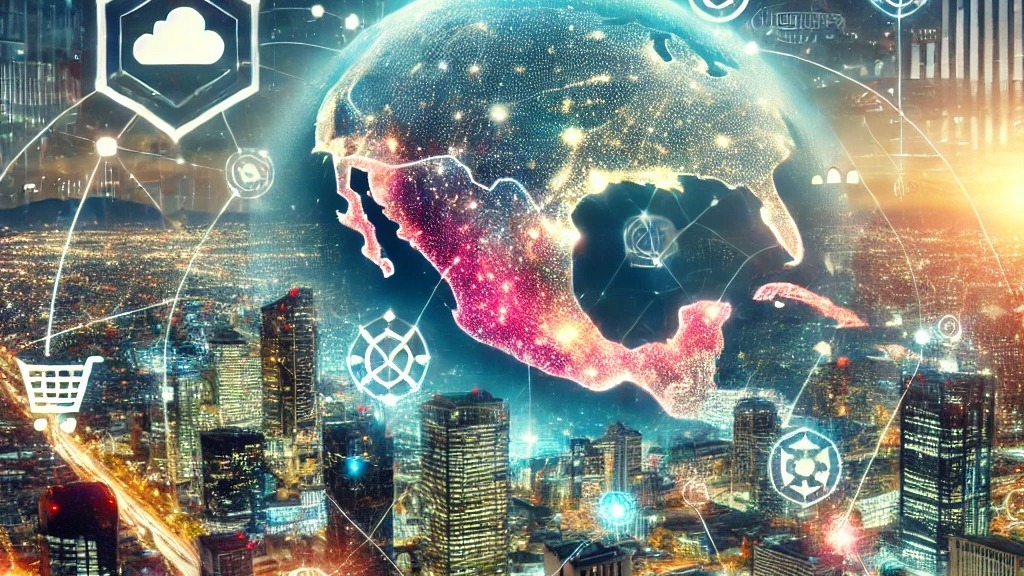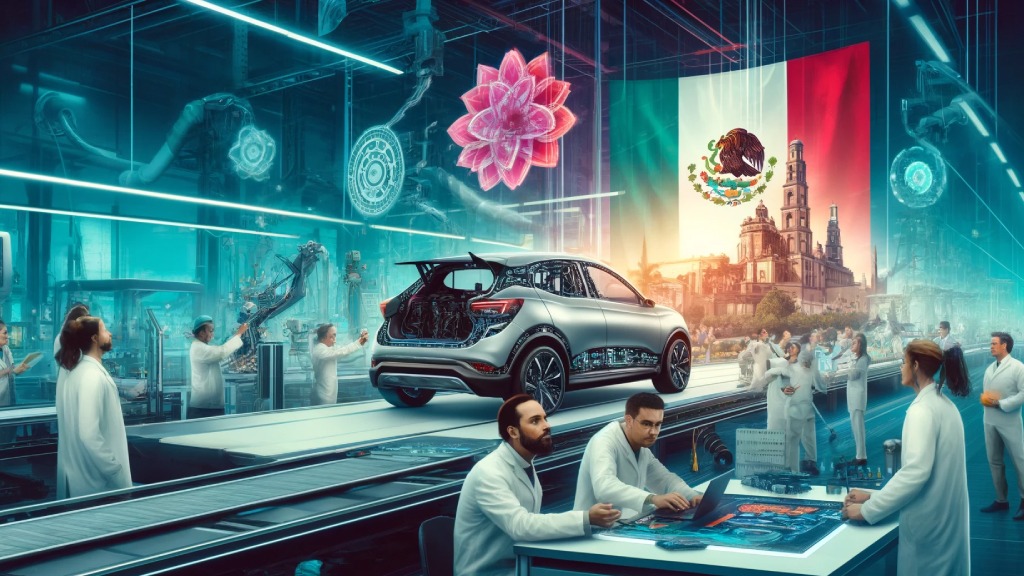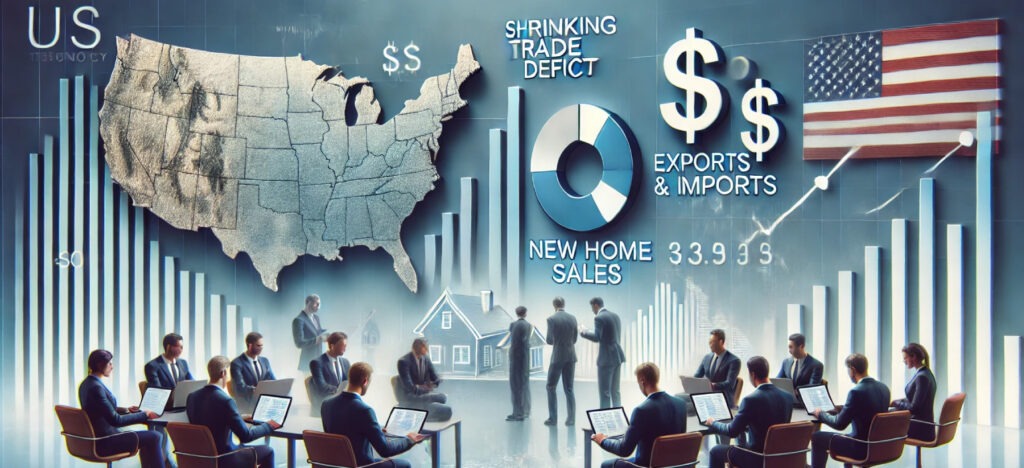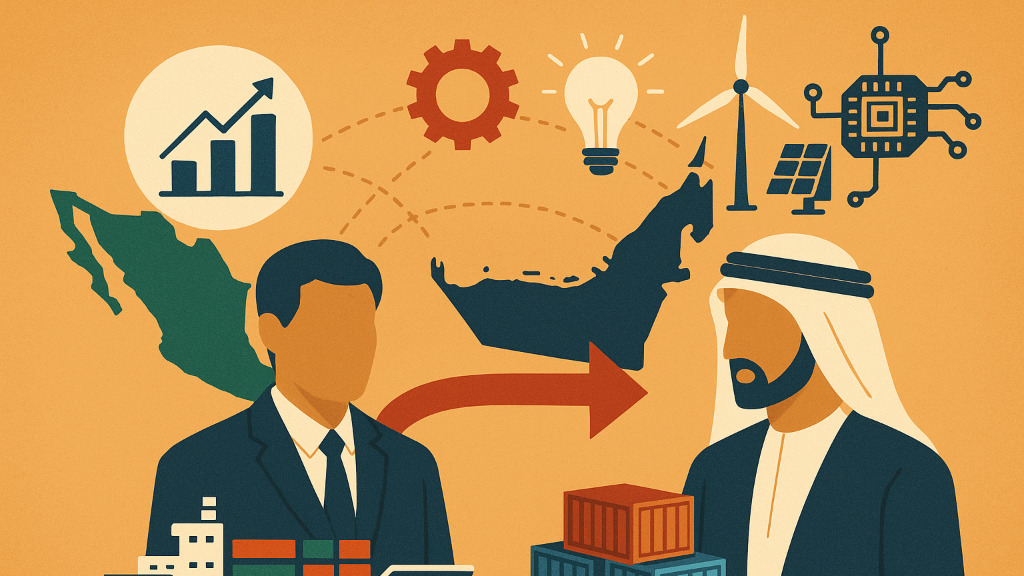Mexico: digital engine transforming global e-commerce

E-commerce in Mexico has shown remarkable growth in recent years, driven by the talent and digital skills that Mexicans possess. In 2023, e-commerce in the country generated 658.3 billion pesos, underscoring its importance as an emerging economic engine.
E-commerce in the country has grown impressively in recent years, generating 658.3 billion pesos in 2023.
Despite this growth, there is still enormous potential to be tapped, as Mexico not only has the necessary talent and technological skills, but also an emerging infrastructure that makes it a relevant player in Latin America.
Experts point out that Mexico could surpass Brazil as a regional leader, given its energy capacity, talent and the interest that major global powers such as Asia, the United States and Russia are showing in the country. In addition, current economic policies favor an investment environment that positions Mexico as an attractive player in the international market.
One of the critical points is the transition Mexico is undergoing, from being a supplier of raw materials and labor to becoming a developer of technology and innovation.
In the sector, Mexico has more talent and technological development than many other nations, but it is essential to overcome internal perception barriers in order to consolidate its position as a global leader.
Talent drain continues to be a significant problem, as many Mexican technology companies are providing services to brands in Silicon Valley, which shows the level of their capabilities.
However, the need to change the mindset and demonstrate that success can also be achieved within Mexico is crucial to prevent the most talented professionals from seeking opportunities abroad.
Success does not depend on working outside the country, but on building and exporting innovative solutions from Mexico to the world. Insecurity also represents an obstacle, as it generates uncertainty and may influence the decision of professionals to leave the country in search of stability.
In terms of e-commerce trends, Mexico has left behind the phase of rapid growth and now faces the challenge of consolidating through profitability. Reducing logistics and operating costs is key to remaining competitive, which implies a greater adoption of technology to optimize processes such as the last mile in product delivery.
Technological tools play a central role in this regard, enabling companies to adjust their distribution strategies and improve efficiency, critical factors for sustaining growth in an increasingly demanding market.
In addition, innovations are being implemented to improve the customer experience. Concierge commerce, for example, seeks to humanize interactions and provide a more personalized service to consumers, which is in line with the global trend of offering closer experiences tailored to individual needs.
Empowering retailers with technology is also a key strategy to offer a more agile and efficient service, allowing companies to offer products that they do not have in stock in physical stores and ship them directly to consumers.
The ability to adapt has been fundamental for Mexican companies, especially in times of economic crisis. Executives highlight how creativity and strategic decision-making are enhanced in times of uncertainty. This has allowed many Mexican businesses to remain resilient, demonstrating that the crisis can be an opportunity to make smarter decisions and strengthen long-term competitiveness.
Mexico is at a crucial point in consolidating its position as a leader in e-commerce in the region. Strengths and opportunities are present, but it will depend on the country's ability to overcome its weaknesses and mitigate threats, making the most of its talent and resources.
With the right policies and a change in the collective mindset, Mexico has all the necessary tools to become a benchmark in the global digital economy.
Collaboration: Editorial Auge.





